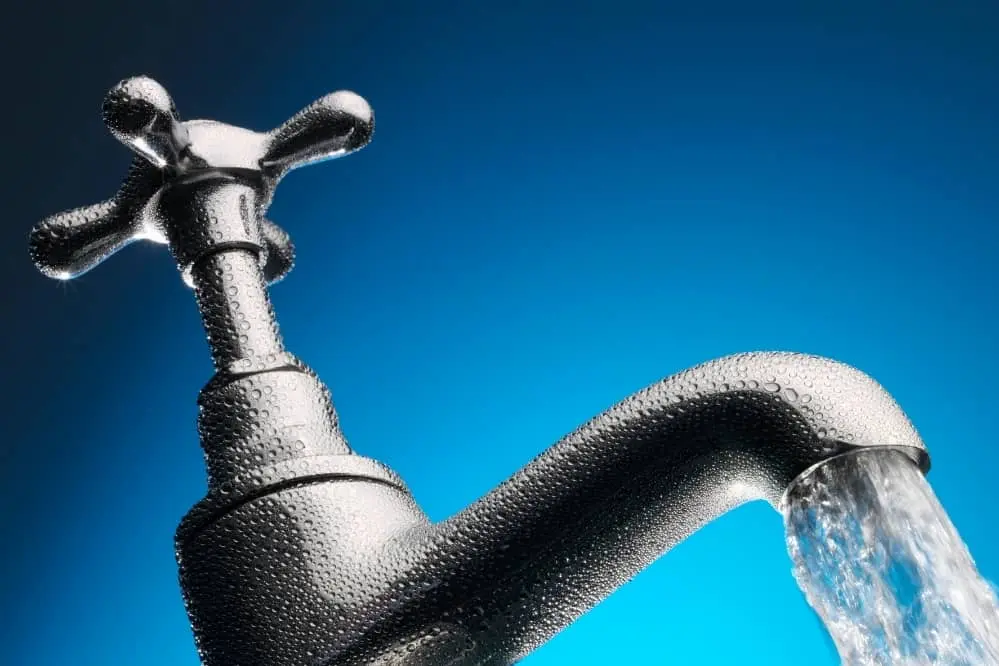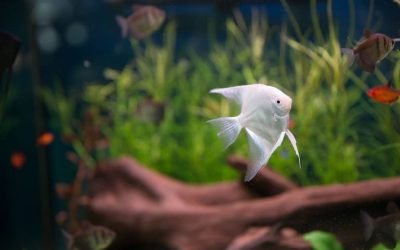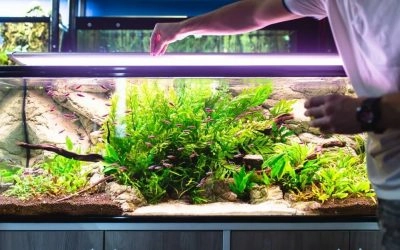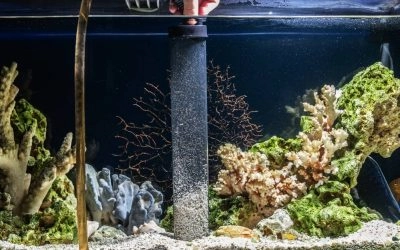How Long Does It Take For Tap Water To Dechlorinate?

There are more than one ways to dechlorinate tap water and depending on method, time it takes to remove chlorine from water can vary greatly. Here are list of methods and duration it takes to dechlorinate tap water so that it is safe for aquarium fish.
When it comes to answering how long does it take to dechlorinate tap water, you have to consider factors likes
- volume of water you intend to dechlorinate
- concentration of chlorine in water
- quality of water
Gassing off
It is the most cost effective way of removing chlorine from water but at the same time it is also the most time consuming method. When you leave water to stand in bucket (or tank), it can take about 24 hours to dechlorinate. Chlorine will naturally dissipate because it unstable and weighs less than air. This process of dechlorination can be accelerated by the use of air stone or filter. Cascade of bubbles produced by air stone agitates the water surface; speeding up the release of chlorine gas. If use of air stone is not a viable option, you can force tap water hard into bucket by placing finger at tap outlet.
Do not cover the bucket but take precaution against possible contamination of water by airborne particles. Also select shallower and wider bucket to fill in water because wider the bucket, more surface area for chlorine to evaporate.
Boiling water
Water can be chlorine free after 15 – 20 minutes of boiling. Bubbles agitates water surface which increases the area for evaporation of chlorine gas into air. If you intend on boiling large volume of water, it is advisable to separate them in a smaller batches and boil it. Let the water cool before adding it to the tank.
Dechlorinator
A dechlorinator is a water conditioner but not all water conditioners are dechlorinators.
It is a quickest way to make tap water chlorine free for aquarium fish. Most dechlorinators can neutralize chlorine in 2 – 3 minutes but check the label to see how long it will take for the dechlorinators you purchased. Also refer label for dosage recommendation and instruction.
UV Light
Benefit of using UV light is that there will be no chemical residues after dechlorination but it is more costlier method. This process can take more than 5 minutes to remove chlorine from tap water. For effective dechlorination, it is important that it emit 254 nm wavelength and has density (radiant) of 600 ml (20.3 fl oz) per 1 square centimeter (0.16 square inch).
Vitamin C (ascorbic acid / sodium ascorbate )
Vitamin C can dechlorinate tap water fairly quickly, within few minutes. It is a safe, non-hazardous chemical method of neutralizing chlorine. Scientific finding shows that vitamin C boost fish immune system. Usage of vitamin C also does not deplete oxygen in water.
There are two forms of vitamin C: ascorbic acid and sodium ascorbate. Both form of vitamin C are harmless to fish. One downside of using ascorbic acid is that it can lower pH level of aquarium water because it is slightly acidic. Sodium ascorbate does not affect pH level because it is neutral.
How to test water before/after dechlorination for chlorine level ?
You can test chlorine level with chlorine level test strips. For testing, dip one test strip into water and quickly withdraw it. Test strip will change color in seconds. Shake off excessive water and visually compare it to the supplied color chart. Since even minute concentration of chlorine is harmful to fish, make sure that test strip are able to trace low levels of chlorine in water.
What level of chlorine is safe for fish?
Chlorine is extremely dangerous to fish. While higher concentration causes fatality almost instantly, lower concentration of chlorine causes stress in fish. It burns gills, damages skin and causes irritation.
- 0.1- 0.3 ppm chlorine level causes death.
- 0.001 to 0.003 ppm chlorine level prevents stress.




0 Comments